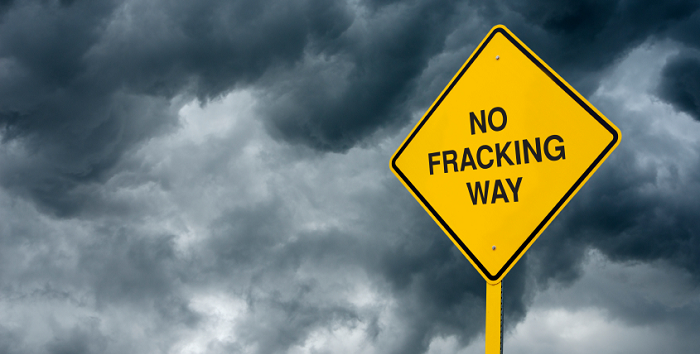Recently, residents of Denton, Texas voted to ban hydraulic fracturing within the city limits. One way to read the results from the referendum is to conclude that the verdict is in: unconventional drilling for oil and gas poses enough health risks to nearby communities that it had to be stopped in the Dallas-suburb home to drilling innovation.
But is fracking really to blame for recently high incidents of asthma, nose bleed and nausea reported by Denton residents? As a pioneering city for hydraulic fracturing, the practice has been in place for decades in and around Denton. What’s novel to the city is the anti-fracking activism and its coverage in both the local and national media.
Might the sicknesses attributed to runoff and air emissions resulting from fracking therefore be rooted in a phenomenon that feeds off of this kind of environment — namely, the nocebo effect?
The nocebo effect is the flip side of the more familiar placebo effect. With the placebo effect, a person feels health benefits from a belief that an inert substance has healing powers. Conversely, the nocebo effect occurs when a person believes themselves harmed by a neutral substance simply because they have been led to believe it causes harm.
In essence, the nocebo effect is an ensnaring manifestation of the power of suggestion. For example, patients warned of possible side effects of a given medication often report onset of those same side effects, even if they are not taking the particular medicine. The medical community and others have published numerous studies confirming the validity of the nocebo effect.
To be clear, the nocebo effect does not negate a person’s feelings of illness. Instead, it confuses the causal impact of the suggested agents. Nocebo arguments are circular. If we believe a substance causes us harm, our bodies can react to actually make it true.
There is no denying fear makes us fragile. It also makes us hyper-vigilant. In Denton, more residents publicly reported sickness as fracking awareness campaigns escalated. For months prior to the vote, no one in the community could escape the media drumbeat that fracking was making people ill. But was it? Unfortunately, the answer is less than clear since constant repetition of the question itself could have had the same effect as any potential pollutants.
Public policies and consumer protections based on nocebo effects can seem misguided in the rear view. For example, Chicago, birthplace of modern pinball machines, banned their use on the premise that they led children to gambling. Harmful effects of the food additive MSG have been debunked for decades, yet fears of MSG persist. Currently, gluten-free product offerings are ballooning to protect consumers suffering from celiac disease, a condition that affects less than 1% of the population.
A popular vote on a technical issue like hydraulic fracturing asks average citizens to make scientific judgments with limited information. They would have to discern, for example, groundwater contaminants in fracking products from those released by asphalt paving, a proven water contaminant. Better paths than this exist. For one, time-tested methods of studying cause and effect will yield sturdier evidence than any social media campaign or get-out-the-vote effort.
In the meantime, the oil and gas industry has sought to mitigate human impacts of fracking with a growing cottage industry of safety-oriented products and services. It is in the oil and gas industry’s financial and social self-interest to provide ever-cleaner fracking processes. This is beyond dispute. Every major company engaged in unconventional drilling has responded with higher safety standards ahead of government intervention. The trend will continue.
Presumably, something happened in Denton regarding residents’ health. While the city’s ban will be tested in courts, only science will ferret out the medical culprit. For the fairest judgment of the future of hydraulic fracturing, the industry and the communities in which it operates must take into account the distinct possibility that the nocebo effect might be clouding the issue.






